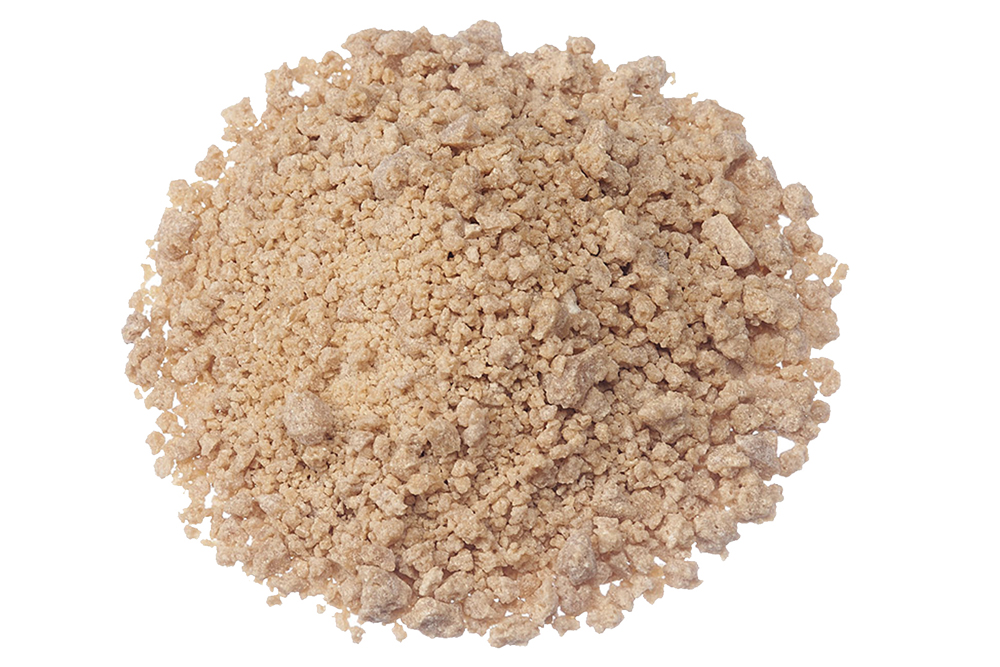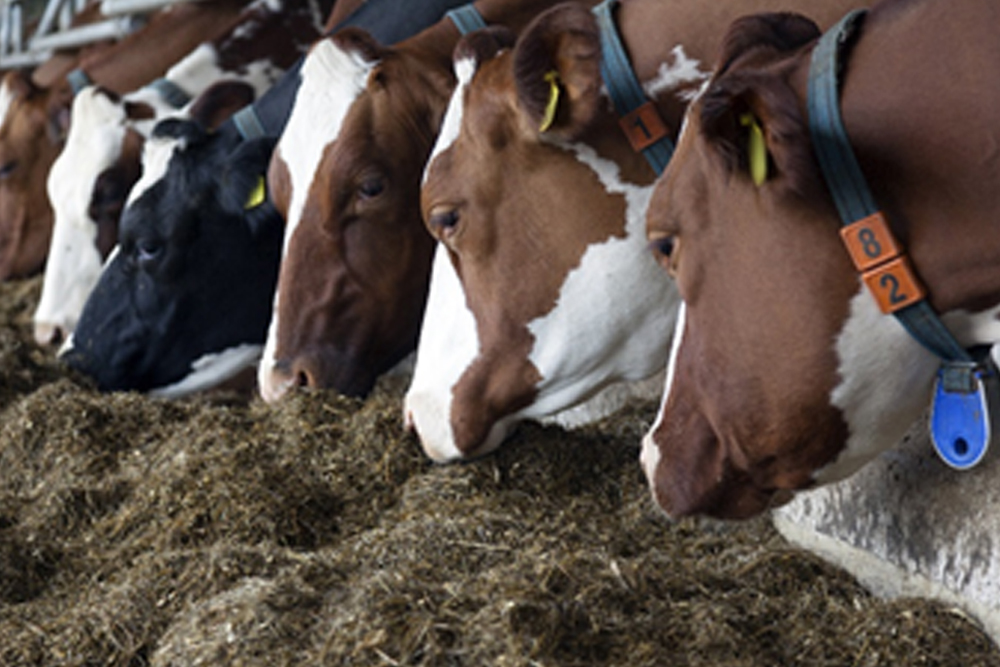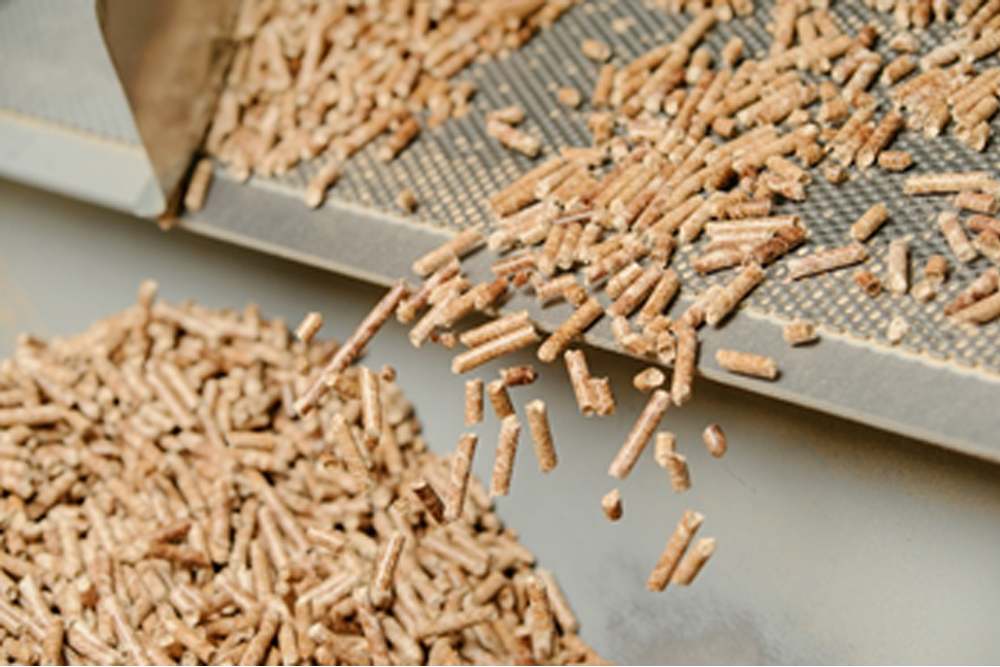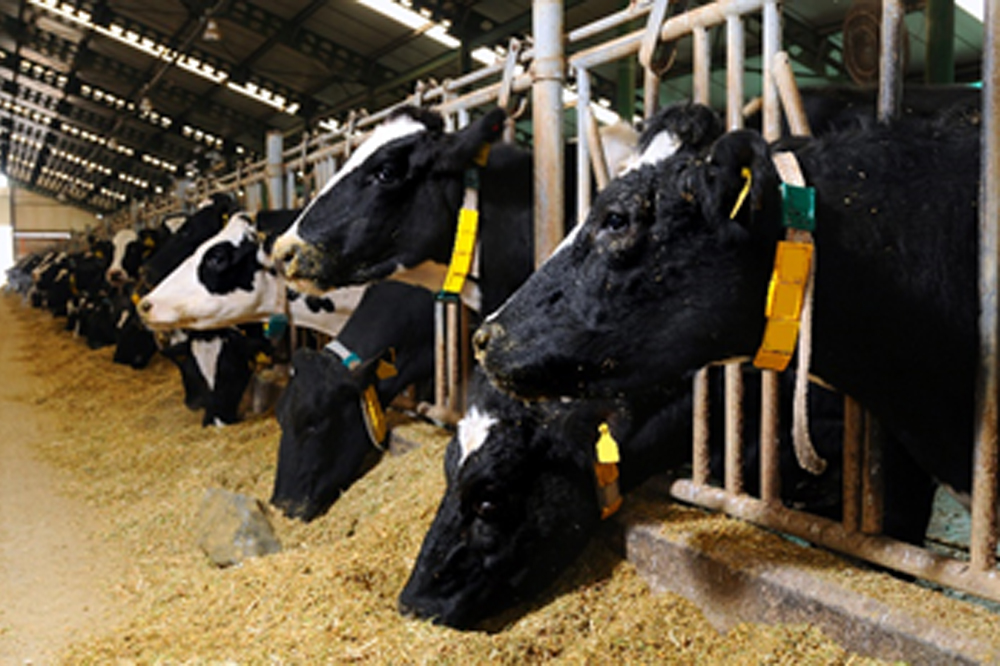ROLE OF FATS IN DAIRY COW NUTRITION

Fats is an essential part of animal nutrition. Fats is a part of diet nutrition just like carbohydrates and protein and a major source of energy as well. They are usually made up of fatty acids either saturated or unsaturated. Addition of fats to the daily diet of dairy cows can be beneficial to the in many ways like it improves energy balance, fertility, milk production, reduction of heat stress and many other biological functions.
Fat sources can be divided in to two main groups, including:
- Commercial fats
- Natural fats
Commercial fats are important for the rumen inertness if the cattle and are convenient due to their easy handling. While making comparisons between different commercial fats, the price, availability and characteristics related to inertness, palatability and digestibility must be the prime consideration.
On the other hand, natural fats are added to provide about 2 – 3% of supplemental fats of diet.
On the other hand, natural fats are added to provide about 2 – 3% of supplemental fats of diet.
Almost 1% to 3% supplemental fat can be fed in diet without any adverse effects, but it is totally depends on the saturation level of the fats added in the feed of the dairy cow. Dairy cows need tremendous amount of energy every day. A dairy cow weighing about 1400lb and producing 70-75lb milk per day with 3.6% milk fat and 3.3% protein demands about 33Mcal/day of net energy for lactation. This is a very high energy demand and cannot be fulfilled by only providing them with carbohydrates and protein.
Fat is a high energy source, its addition in dairy cow diet is highly important. Concentrates energy density is much higher as compare to forage but exceeding amount may affect the rumen functions, so their amount should be limited in the diet. As fats are rich in energy, adding them to the diet increases the energy density of diet but the feed intake must be maintained, otherwise the increased energy intake may not occur. Feeding excess amount of unsaturated fats can reduce feed intake and in return reduce energy intake as well.

Fatty Acids
The free fatty acids that are released in rumen are either saturated (no double bonds) or unsaturated (with double or triple bonds). The position and number of double bonds in fatty acids can change or alter the biological function and its digestion pattern
The free fatty acids that are released in rumen are either saturated (no double bonds) or unsaturated (with double or triple bonds). The position and number of double bonds in fatty acids can change or alter the biological function and its digestion pattern
Saturated Fatty Acids
Saturated fatty acids are commonly found in animal fats and in few by-product feeds like palm kernel expeller. As these fatty acids are already saturated, when they are hydrolyzed released into rumen. These fatty acids are not harmful to rumen microbes so they pass through it unaltered, supplying energy source for dairy cows.
Saturated fatty acids are commonly found in animal fats and in few by-product feeds like palm kernel expeller. As these fatty acids are already saturated, when they are hydrolyzed released into rumen. These fatty acids are not harmful to rumen microbes so they pass through it unaltered, supplying energy source for dairy cows.
Un-saturated Fatty Acids
Unlike saturated fatty acids, unsaturated fatty acids are toxic to rumen microbes especially to those involve in the digestion process. To avoid this issue, these fatty acids undergo bio hydrogenation in rumen to detoxify them. In bio hydrogenation, hydrogen ions are added to carbons with double bonds converting it into single bond saturated fatty acids.
Unlike saturated fatty acids, unsaturated fatty acids are toxic to rumen microbes especially to those involve in the digestion process. To avoid this issue, these fatty acids undergo bio hydrogenation in rumen to detoxify them. In bio hydrogenation, hydrogen ions are added to carbons with double bonds converting it into single bond saturated fatty acids.
SOURCES OF FATS
The most common source of healthy fats are the whole oilseeds fed to the dairy cows. It includes soybean and cotton seeds while palm seeds, safflower, sun flowers, linseeds, canola seeds are not fed directly rather the meal that result after the extraction of oils from them is an ideal feed for the cattle. The remains of oil in these meals can be a good contributor of fats to the diet of dairy cow. In addition, many plant and animal by-product, such as distiller’s grains, fish meal, hominy, meat
The most common source of healthy fats are the whole oilseeds fed to the dairy cows. It includes soybean and cotton seeds while palm seeds, safflower, sun flowers, linseeds, canola seeds are not fed directly rather the meal that result after the extraction of oils from them is an ideal feed for the cattle. The remains of oil in these meals can be a good contributor of fats to the diet of dairy cow. In addition, many plant and animal by-product, such as distiller’s grains, fish meal, hominy, meat
and bone meal may contain 10 – 12% fats. The most common feed among them is fishmeal. Some other fat source meals are lard, tallow and grease but their fats need to be heated for transport, mixing and storage. For this, special storage and handling equipment are needed.
Other than these, several commercial fat sources are available which are rumen inert (does not affect the fiber digestibility in rumen) while some may digested to provide specific fatty acids to the dairy cow. Most of these fatty acids are in the form of calcium salts products usually from palm oil or other plant sources like soybean. These are mostly in the form of granules.
Other than these, several commercial fat sources are available which are rumen inert (does not affect the fiber digestibility in rumen) while some may digested to provide specific fatty acids to the dairy cow. Most of these fatty acids are in the form of calcium salts products usually from palm oil or other plant sources like soybean. These are mostly in the form of granules.

LEVEL OF DIETARY FAT
The amount of fat to add in diet should be determined based on the required energy concentration in the diet or the intake amount of specific fatty acids. However, fat concentration determination also dependent on the other ingredients in the diet like high vs. low quality forage and amount of unsaturated fatty acids. If the concentration of unsaturated fatty acids increased in the diet, it will reduce the digestibility of feed in rumen, affecting the feed efficiency. This may also reduce the milk production. Generally, 1 to 3 % supplemented fat can be added in diet without any adverse effect on the digestion and other body functions.
The amount of fat to add in diet should be determined based on the required energy concentration in the diet or the intake amount of specific fatty acids. However, fat concentration determination also dependent on the other ingredients in the diet like high vs. low quality forage and amount of unsaturated fatty acids. If the concentration of unsaturated fatty acids increased in the diet, it will reduce the digestibility of feed in rumen, affecting the feed efficiency. This may also reduce the milk production. Generally, 1 to 3 % supplemented fat can be added in diet without any adverse effect on the digestion and other body functions.

The basal diet for dairy cows normally get about 2 to 3% of fats from plant sources (cereal grains, forages and oilseed meals). About 1 to 2 % fats can be added through supplemented fats, making it 5% in total. Beyond these concentration, rumen inert sources are used to add 1 to 2% more fats making it 6 to 7 % on the whole for the dairy cow.
Dietary fats will continue to play a role in the provision of energy to lactating dairy cows. The energy concentration from fatty acids source can be determined by its digestibility of the fat. Which is affected by the source of fat taken, fatty acids composition and amount intake. Supplemented fats are highly important to add in the diets of dairy cows to increase the profitability but the source and amount should be highly monitored to avoid loss.
At Dasan Feeds, we believe that today feed manufacturing is a very competitive activity and consistent feed quality/wanda quality is a key growth driver. To achieve optimal animal performance well balanced diets that satisfy nutrient requirements of the animal is mandatory and for producing these diets accurate formulation is essential. The most accurate formulations result when laboratory analysis of ingredients is available.
At Dasan Feeds, we strive to keep our formulations as consistent, for as long as possible in the firm belief that consistency in quality is the key to get maximum production. Dasan Feeds manufacture high quality Dasan dairy feeds/ Dasan dairy wanda specifically formulated for all stages of dairy and livestock.
